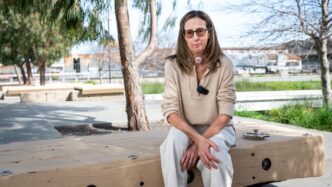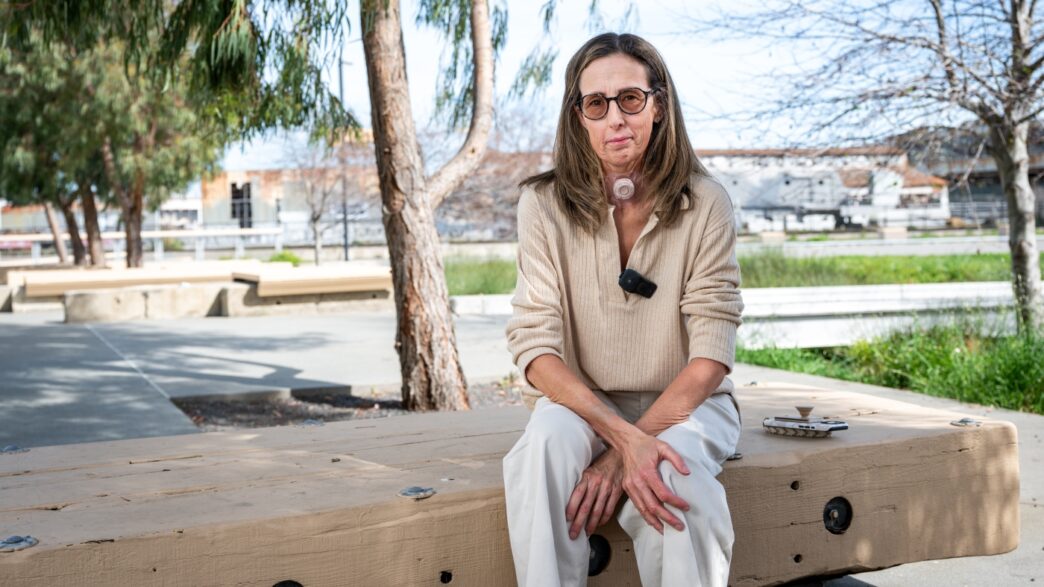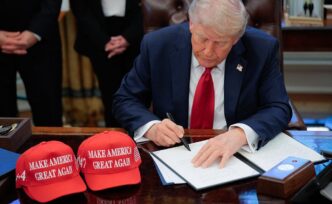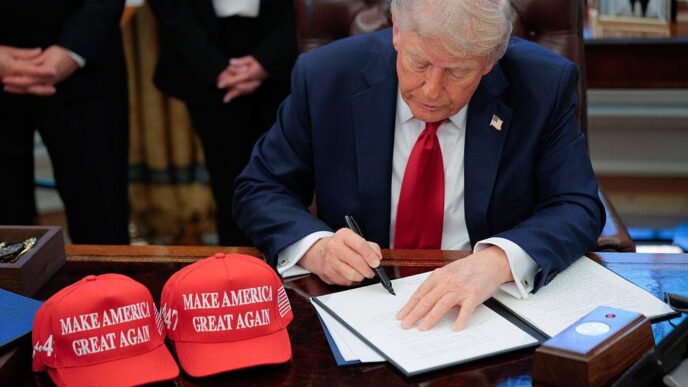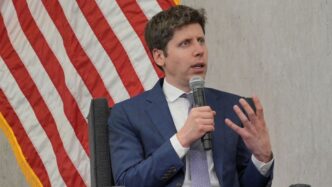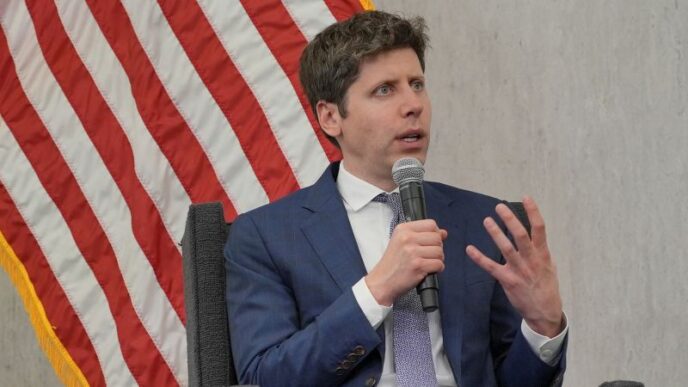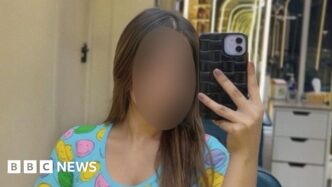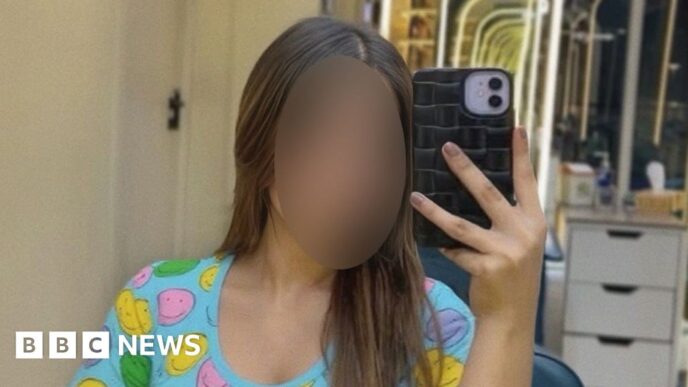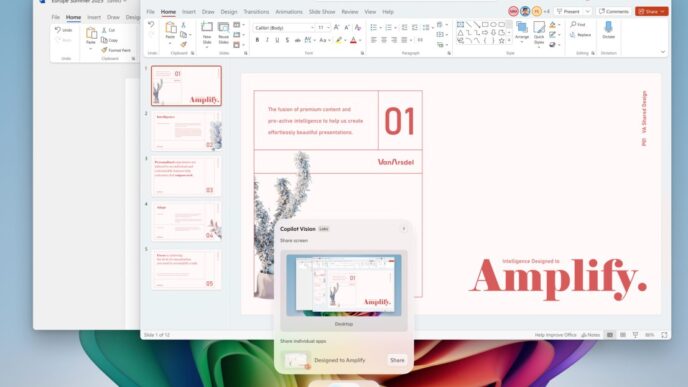Sonya Sotinsky beat mouth cancer but lost her voice. She recorded hours of herself talking before surgery. Now AI lets her speak again in her own voice, with all the sass and sarcasm intact.
Doctors removed Sotinsky’s tongue and voice box to save her life. Normal robot voices didn’t cut it. She needed her real voice back. She saved kids’ books, birthday wishes, and yes, plenty of curse words. That personality is key.
The AI voice lives in an app called Whisper. Sotinsky types, and it talks for her — true to her New Jersey accent and inflections.
"When you can’t use your voice, it is very, very frustrating. Other people project what they think your personality is. I have silently screamed and screamed at there being no scream," Sotinsky said.
Her doctors and insurance wanted to save her life, not her voice. Blue Cross Blue Shield of Arizona denied her $3,000 in claims for assistive speaking tech. She now pays $99 a month out of pocket.
Blue Cross Blue Shield of Arizona responded:
"While health plans cover both routine and life-saving care, assistive communication devices are typically not covered," said Teresa Joseph, a spokesperson. "As AI provides opportunities to impact health, we imagine that coverage criteria will evolve nationally."
Sotinsky is fighting back. She built two websites — voicebanknow.com and glossectomygirl.com — sharing her story and pushing for AI voice tech coverage.
Her story is sparking research. Dr. Jennifer De Los Santos at Washington University in St. Louis is planning a clinical trial to prove AI voice tech improves quality of life for cancer patients.
De Los Santos compared it to the fight for breast reconstruction coverage, which only won insurance support after years of advocacy and data.
"And therefore justify coverage by insurance," De Los Santos said.
Sotinsky’s AI voice helped her communicate during a recent cancer resurgence. Doctors listened differently when her real voice spoke through the app.
"If someone can only communicate using a few words at a time, and not elaborate and interface more fully, it’s natural that you can’t detect that they have more depth of thought," she said. "Being able to dialogue with my care team in a more seamless way is vital."
Sonya Sotinsky is proof voice is life.
Sonya Sotinsky sits at Crane Cove Park in San Francisco on March 25, 2025. Sotinsky was diagnosed with Stage 4 tongue cancer and underwent surgery to remove her tongue, larynx, and other structures. She then worked with researchers to create an AI-generated voice using past recordings of her speech.
Beth LaBerge/KQED
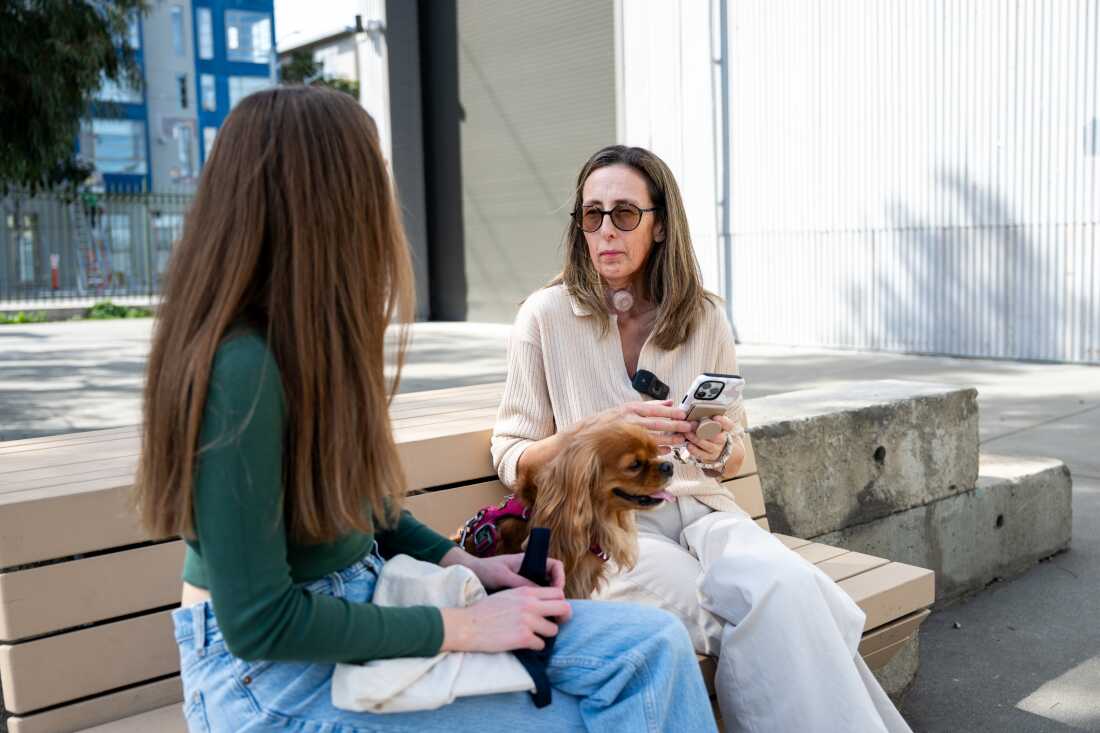
Sonya Sotinsky uses an app on her phone to talk with her daughter Ela Fuentevilla at Crane Cove Park in San Francisco on March 25, 2025.
Beth LaBerge/KQED

Sonya Sotinsky often uses a portable keyboard to talk using the text-to-speech software on her phone.
Beth LaBerge/KQED
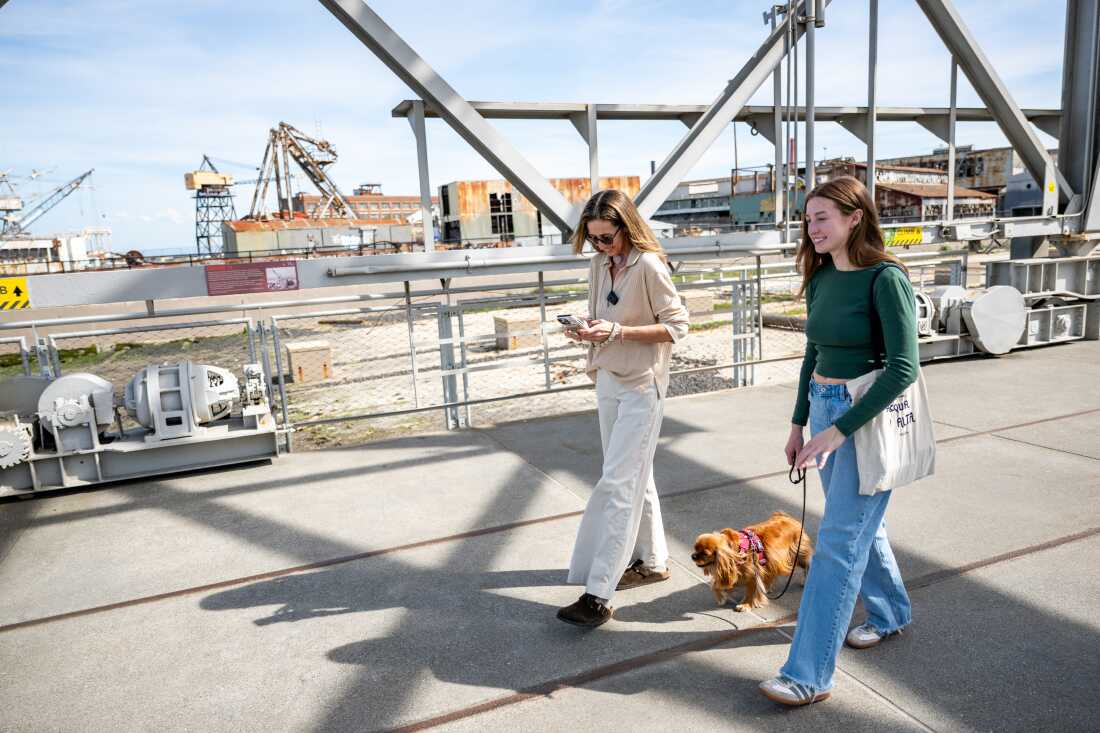
Sonya Sotinsky has built two websites detailing her experience in voice banking and tells her story at conferences, including an oncology conference in Denver for 80 scientists.
Beth LaBerge/KQED
